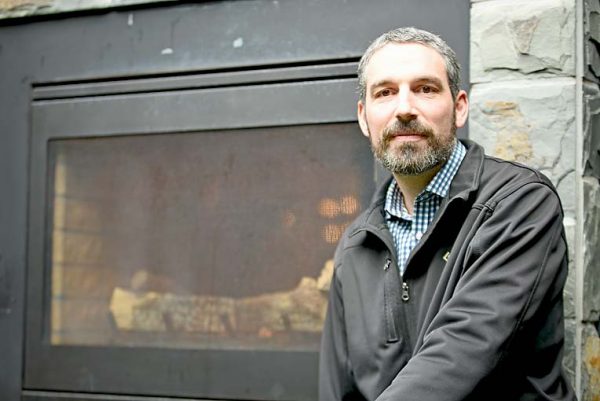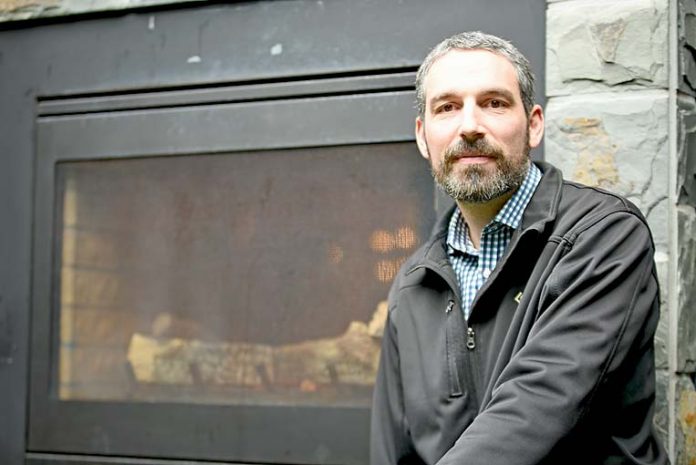
AS Mount Gambier residents crank up their wood heaters to beat the winter chill, residents are being reminded burning wood can lead to poor air quality.
The South East is one of two hotspots in the state where wood heaters significantly contribute to air pollution, which can lead to a myriad of health problems for vulnerable residents.
Wood smoke can cause considerable health impacts for the elderly people, young children or those with battling respiratory conditions.
Mount Gambier City Council has also urged residents with wood heaters not to allow smoke to billow across neighbouring properties, which can potentially trigger disputes.
Council fields a number of complaints each winter from disgruntled neighbours.
A 24-hour EPA air monitoring program – conducted Mount Gambier 2011 – found there were potentially “dangerous levels” of air particles – from wood smoke – in the Blue Lake city.
EPA legislation and policy program manager Steven Mudge said home fireplaces could be a cause of health problems or even neighbourhood conflict.
“Many people think of wood smoke as somehow being ‘good’ smoke because we associate it with happy camping trips or cosy nights in front of the fireplace,” Mr Mudge said.
“The truth is that if you can smell smoke, no matter where it is coming from, it is potentially doing you harm.”
He said smoke was a major cause of poor air quality in winter, especially in built-up areas, or regions like the Adelaide Hills and South East where temperatures were lower and many homes had wood-burning heaters.
“Exposure to smoke can cause considerable health impacts for elderly people, young children, or anyone with a respiratory disease,” the EPA spokesperson said.
Mr Mudge said people could still enjoy fires during winter if they kept a few guidelines in mind.
“Getting your chimney cleaned once a year is important to remove creosote build-up and if you own an investment property with a wood heater, do not forget about your tenants,” he said.
“Only use well-seasoned, dry wood and never burn treated or painted wood as this can release additional harmful chemicals into the air.
“Your chimney should only smoke for about the first 20 minutes after starting the fire and you should not choke your fire down overnight, allowing it to smoulder, as this creates unnecessary smoke.”
Bonfires and wood-burning fire pits are not allowed inside townships, but if you have a fire pit or chiminea for outdoor heating, you can still use charcoal as a fuel source.
Outdoor wood fires for cooking food are allowed so long as the size of the fire is proportionate to the food being prepared, such as a wood-fired pizza oven or barbecue.
City Council environmental sustainability officer Aaron Izzard also called on people to ensure their wood heaters were being operated properly.
While some air pollution was caused by industry, he said a significant amount was attributed to wood heaters.
Contact your local council or visit www.epa.sa.gov.au/woodsmoke for more information.








